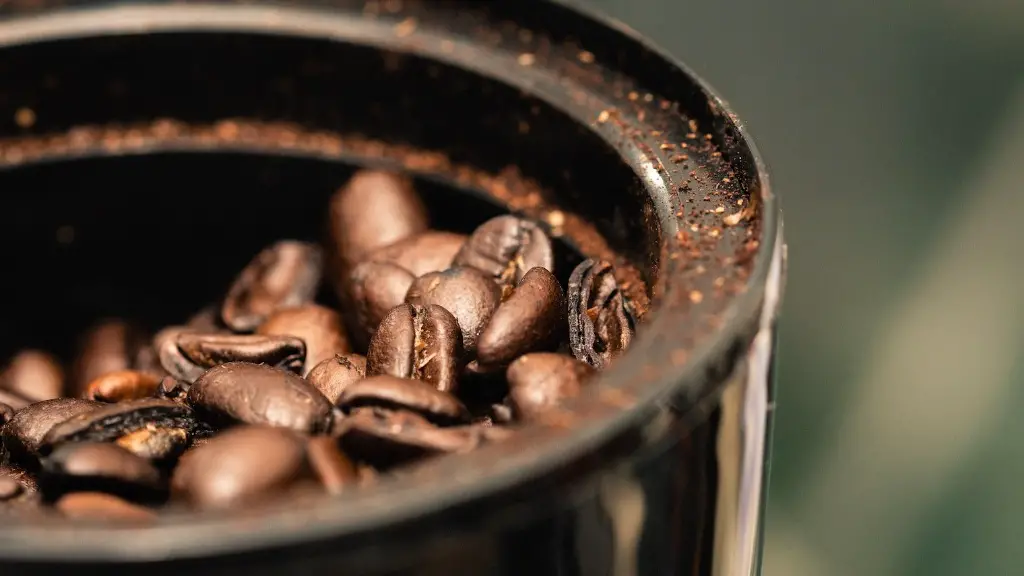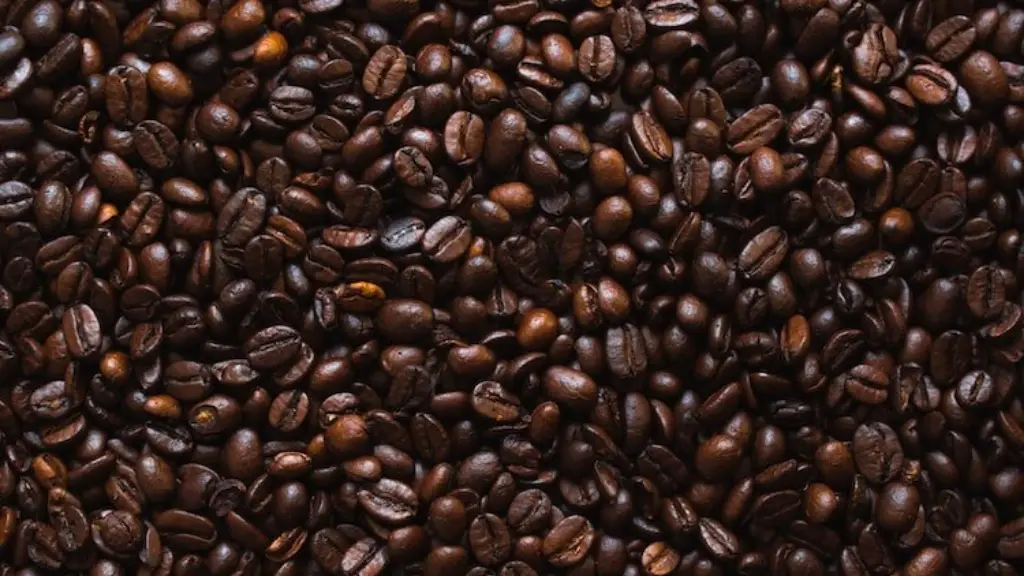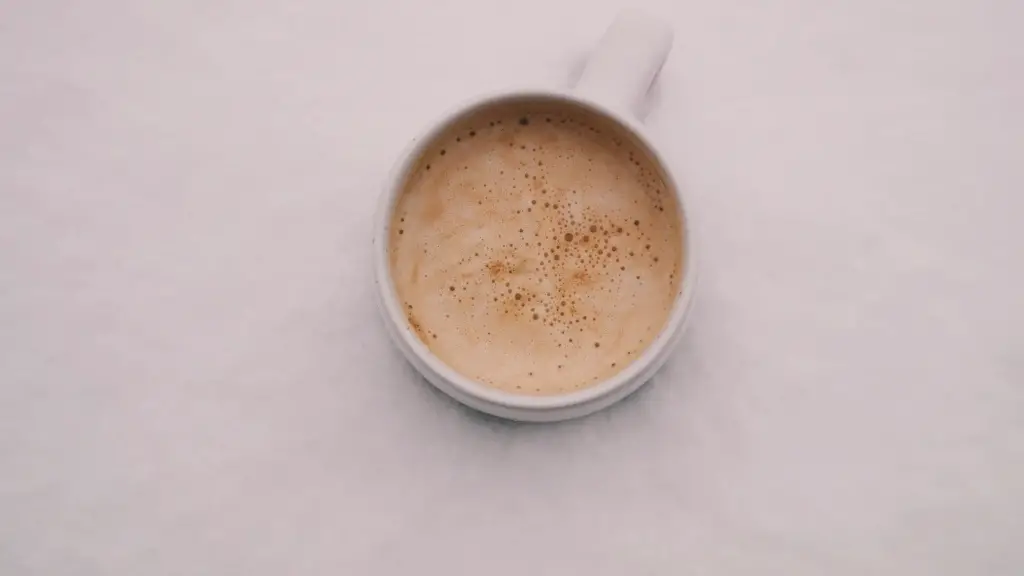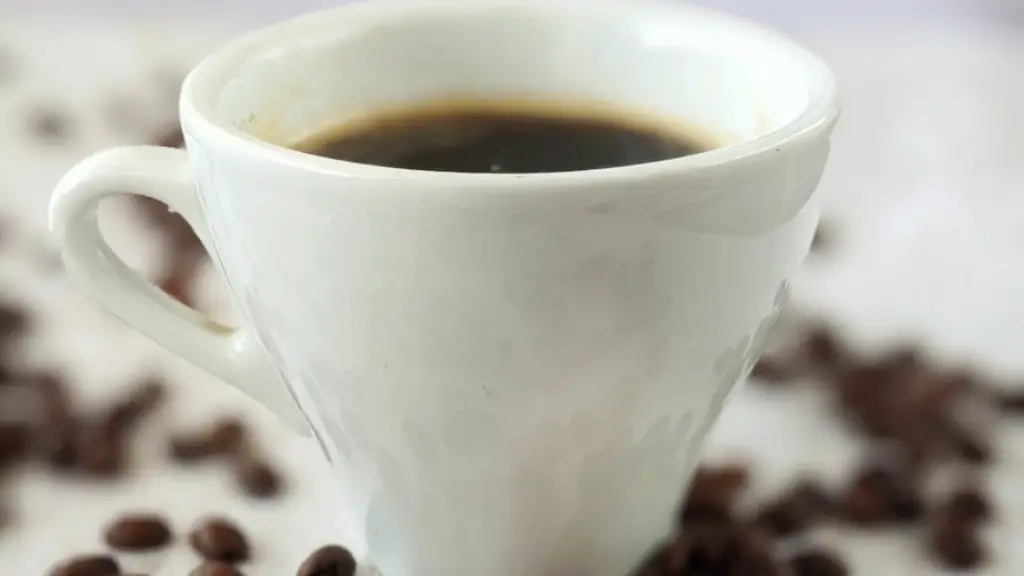Coffee and sleep can be a tricky combination. Many people know the feeling of rushing for a nap after having a cup of Joe, only to find that the caffeine has kept them from falling asleep. But why does coffee sometimes prevent us from getting the rest we need?
At its core, caffeine is a stimulant, and it works by pushing past the adenosine receptors in our brain. Adenosine is a hormone that builds up over the day and is responsible for decreasing our arousal and making us sleepy. When caffeine blocks these receptors, it prevents adenosine from doing its job, making us more alert and ultimately affecting our sleep cycle.
The amount of caffeine in a cup of coffee varies depending on the roast, grind, and brewing method, but an 8-ounce cup of brewed coffee can contain anywhere from 95 – picograms of caffeine. As the amount of caffeine in a single cup can have a powerful effect on our natural sleep cycle, it becomes increasingly important to be conscious of our morning coffee habits.
Experts recommend that people limit their caffeine intake to 400 milligrams per day. That’s about four cups of coffee — or one 16-ounce latte. Caffeine can stay in our systems for up to four to six hours, and it’s important to remember that caffeine isn’t just found in coffee — energy drinks, soda, and tea all contain caffeine too. Although the effects of caffeine can vary from person to person, most people will experience slight physical and mental-performance improvements after consuming caffeine in moderation.
Those who struggle to get a good night’s sleep should be mindful of their caffeine consumption. It’s best to drink coffee earlier in the day and try to avoid having any within five to six hours of bedtime. It’s also advised to stay away from energy drinks, as the amount of caffeine and other ingredients (like guarana and taurine) can have a major impact on our sleep and overall wellbeing.
It’s important to remember that having some caffeine in moderation can also be beneficial for those who have trouble sleeping. Coffee or a cup of tea earlier in the day can give our bodies the boost it needs to get through the day and can help reset our natural sleep cycle.
The Effects of Caffeine on Sleep Quality
Though the amount of caffeine we consume plays a major part, the quality of our sleep can also be affected by when we drink our coffee. Studies have shown that consuming caffeine later in the day can have a greater impact on our sleep quality than drinking it earlier. That’s why it’s generally advised to stick to having coffee in the morning and avoiding caffeine intake after 2 p.m. or 3 p.m.
The type of caffeine we consume can also affect sleep patterns. Researchers have found that those who ingest caffeine in capsule form are more likely to experience a greater decrease in sleep duration and quality in comparison to those who consume it in liquid form. That’s because the amount of caffeine in a capsule can be more concentrated and quicker to take effect.
Side Effects of Caffeine on Mental and Physical Health
Though caffeine can certainly have a positive effect on physical and mental performance, too much of it can lead to discomfort and long-term health risks. Symptoms like headaches, nausea, anxiety, sleeplessness, and heart palpitations can occur if we’re taking in too much caffeine too often.
Chronic and excessive caffeine consumption has also been linked to several long-term health complications. Caffeine can elevate blood pressure and heart rate, which can lead to a higher risk of cardiovascular disease. It can also affect gut health, and in some cases, can disrupt the body’s natural appetite regulation.
Caffeine-free Alternatives
For those who are sensitive to coffee or simply want to take a break from it, there are plenty of caffeine-free alternatives that can give us the energy boost we may be looking for. Matcha, green tea, and yerba mate are naturally high in caffeine but also have a range of benefits. These beverages are rich in antioxidants and can help stimulate mental clarity and focus.
For those looking for caffeine alternatives with a little less of a kick, herbal teas and adaptogenic infusions are a great way to relax and stimulate both physical and mental performance. Adaptogen-infused beverages like tulsi tea and chai have a soothing effect and can help reduce stress, enhance mood, and boost cognitive performance — naturally.
Healthy Habits to Improve Sleep Quality
As well as being mindful of our caffeine consumption, there are a few healthy habits we can practice getting a good night’s sleep. It’s important to establish a consistent bedtime routine and to give ourselves some time to wind down before going to bed. Even a few minutes of deep breathing or a short walk can make a difference in helping us relax.
Having consistent wake times (even on the weekends) can help us sync up our internal body clock and is important for a good night’s sleep. Additionally, limiting exposure to blue light two to three hours before bedtime can help us get a better night’s rest. Blue light, which is emitted from screens like phones and televisions, can disrupt our natural circadian rhythm.
It’s also important to minimize any sources of light and noise we can control in our sleep environment. It may help to use a light-blocking curtain or blinds and an eye mask to ensure our sleep is as uninterrupted as possible. White noise can also be helpful in drowning out any outside distractions.
Conclusion
Though having the occasional cup of coffee or tea can be beneficial for physical and mental performance, it’s important to be mindful of our caffeine intake and the potential negative effects it can have on our sleep cycle. Being conscious of our daily habits, making wise lifestyle choices, and establishing healthy sleep routines can make a world of difference in getting a good night’s rest.




